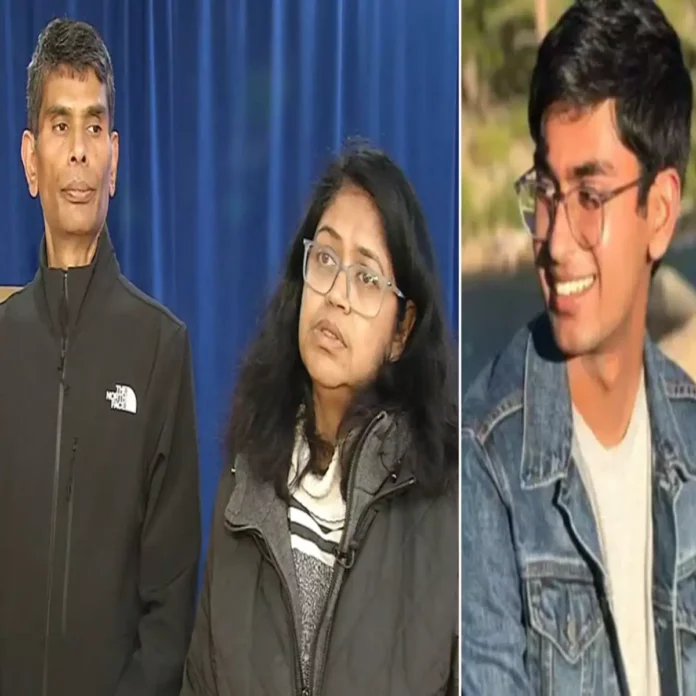Washington DC [US]: The mother of Suchir Balaji, a 26-year-old former OpenAI researcher found dead after publicly accusing the company of copyright law violations, has alleged that her son was murdered. She is demanding a thorough investigation by the FBI into the circumstances surrounding his death.
Poornima Rao, Suchir Balaji’s mother, stated that her son’s death was “cold-blooded murder declared by authorities as suicide.” She revealed that a private autopsy conflicted with the police findings and alleged signs of foul play in his apartment.
“We hired a private investigator and conducted a second autopsy to uncover the truth behind Suchir’s death. The private autopsy does not confirm the cause of death stated by the police. Suchir’s apartment was ransacked, there were signs of a struggle in the bathroom, and blood spots indicated he had been hit. It’s a cold-blooded murder declared as suicide by authorities. Lobbying in San Francisco will not stop us from seeking justice. We demand an FBI investigation,” Rao wrote on X.
Elon Musk responded to her post, saying, “This doesn’t seem like a suicide.”
Suchir Balaji was found dead in his San Francisco apartment months after raising concerns about OpenAI’s practices, Fox News reported. The San Francisco Police Department ruled his death a suicide, citing a lack of evidence indicating foul play.
In October 2024, before his death, Balaji expressed doubts about the “fair use” defense for generative AI products. He participated in a New York Times story on copyright issues, stating,
“I recently participated in a NYT story about fair use and generative AI, and why I’m skeptical ‘fair use’ would be a plausible defense for a lot of generative AI products.”
Balaji, who worked at OpenAI for nearly four years and on ChatGPT for 1.5 years, shared his growing concerns about copyright implications. In a post on X, he wrote:
“When I tried to understand the issue better, I eventually came to the conclusion that fair use seems like a pretty implausible defense for a lot of generative AI products, for the basic reason that they can create substitutes that compete with the data they’re trained on.”
He was also named in a copyright lawsuit filed by The New York Times against OpenAI. The lawsuit alleged that OpenAI and Microsoft utilized millions of published articles to train their AI models, subsequently competing with the original publishers.
Balaji’s death and his accusations against OpenAI have raised significant questions, with his family demanding greater scrutiny and accountability.


